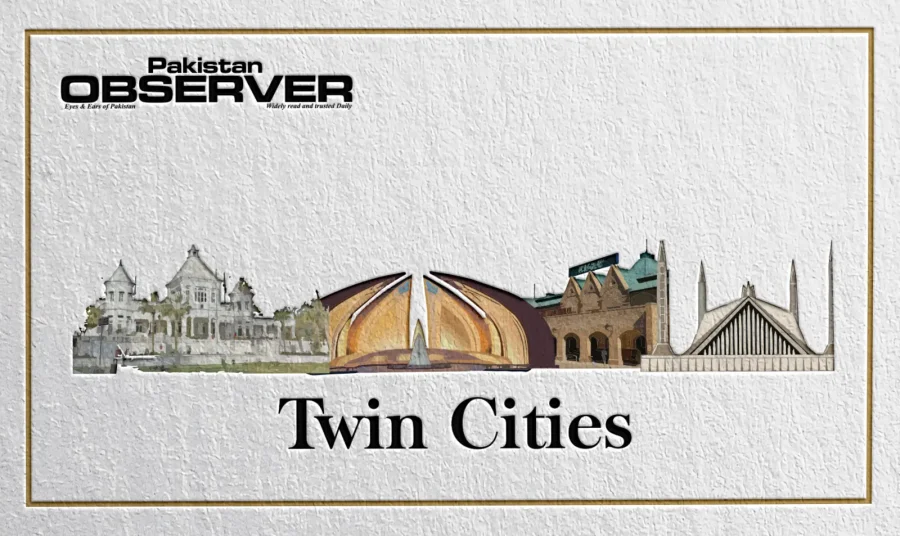Hajji Muhammad Akbar Ali poured the thick, aromatic gravy into bowl after bowl as a long queue of customers waited at his Akbar Jee Siri Paye shop on Rawalpindi’s famed Kartarpura Food Street earlier this Ramadan.
Kartarpura Street was part of Rawalpindi’s Sikh neighborhood and the city’s main commercial area in the 19th century but over the past few decades has developed into a major food street and become famous for dishes such as nihari, a stew of tender beef or mutton meat with bone marrow, and siri paye, a traditional breakfast dish of cow or goat head and trotters.
Ali’s tiny restaurant specializes in siri paye, slow cooked for hours, often overnight, in a base of onions and garlic, with several curry-based spices added to the meat and bones as they are stewed. The dish has a soup-like consistency, is served with a garnish of fresh diced ginger, long coriander leaves and sliced lemon and often eaten as a breakfast food in the winter months in Pakistan. It is also a very popular suhoor dish. Siri paye were once most popular among ethnic Punjabi families in central and eastern Pakistan but over the decades have made a place on dining tables across the country. “The spices we use are clean and pure and we have a special recipe mix for the spices that we use. Our first consideration is hygiene and then taste,” Ali, 42, said.
“That is our identity,” he added, as he stood out in the crowd of customers in his large red turban covered with ornaments.
Ali’s shop is open from iftar (6pm) until suhoor (4pm) in Ramadan, with goat trotter curry available for Rs500 ($1.80) a plate and cow or buffalo curry for Rs600 ($2.16). The great taste and affordable prices bring customers from around the twin cities of Islamabad and Rawalpindi as well as other towns across Pakistan. Zahid Ghafoor, 19, who was visiting the Akbar Jee Siri Paye restaurant from Faisalabad for the second time this Ramadan, said the taste of the trotter soup there was “different” from other vendors.
“The suhoor [meal] here is quite famous, that is why we are here for suhoor,” Ghafoor said. “First only a few cousins came, and today all the cousins have come together.” Ahmed Butt, 29, a resident of Rawalpindi who had come to buy siri paye, said he was happy to see outlets like Ali’s making headlines and drawing customers from around the country.
“The food culture of our [twin cities of] Islamabad and Rawalpindi was never exposed before,” he said. “Now, because of this food street, the food of Islamabad and Rawalpindi is reaching a wider audience and now we are able to represent our taste to the world.” Ali meanwhile is resolved to keep serving customers his authentic recipe as long as he is alive.
“Anyone who had my food 25 years ago, my taste is still the same. As long as I’m alive the recipe will stay the same,” Ali said. “After I’m gone, then only God knows.”










